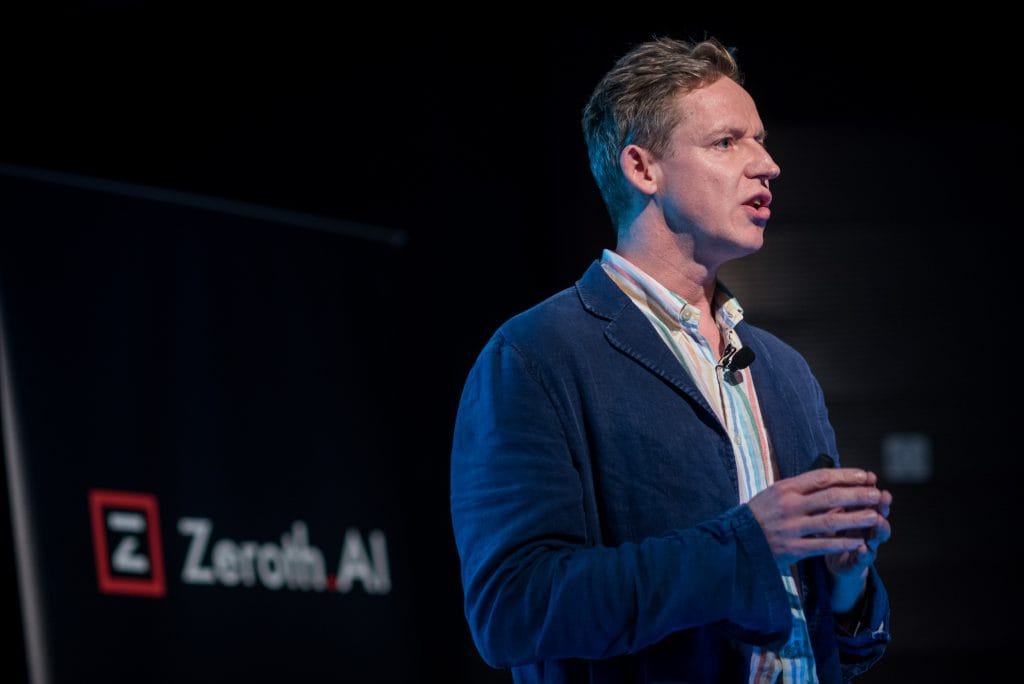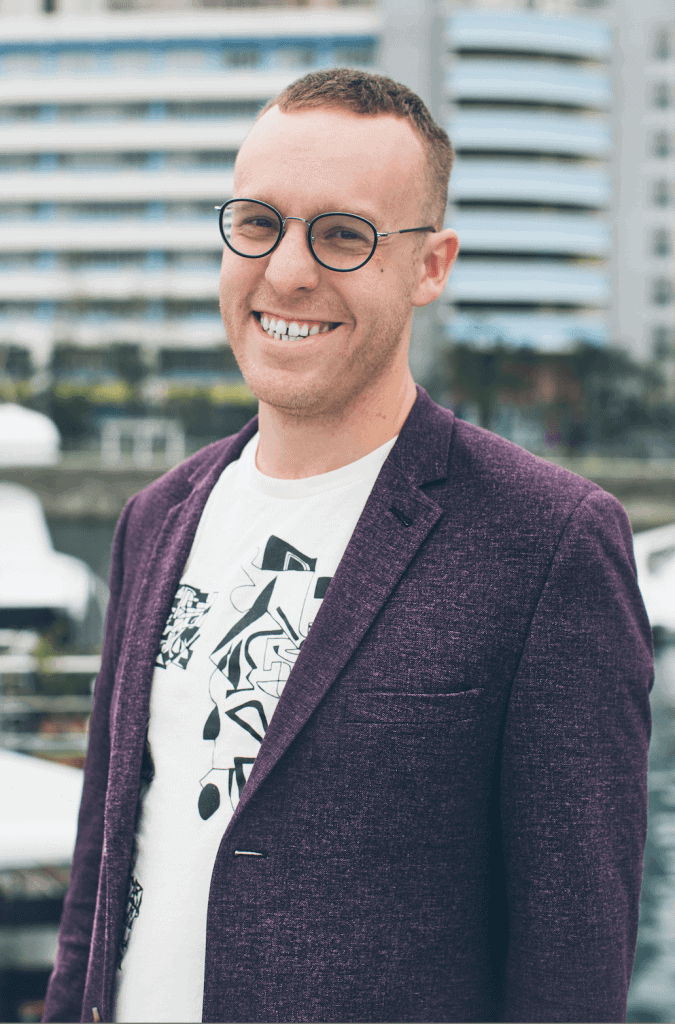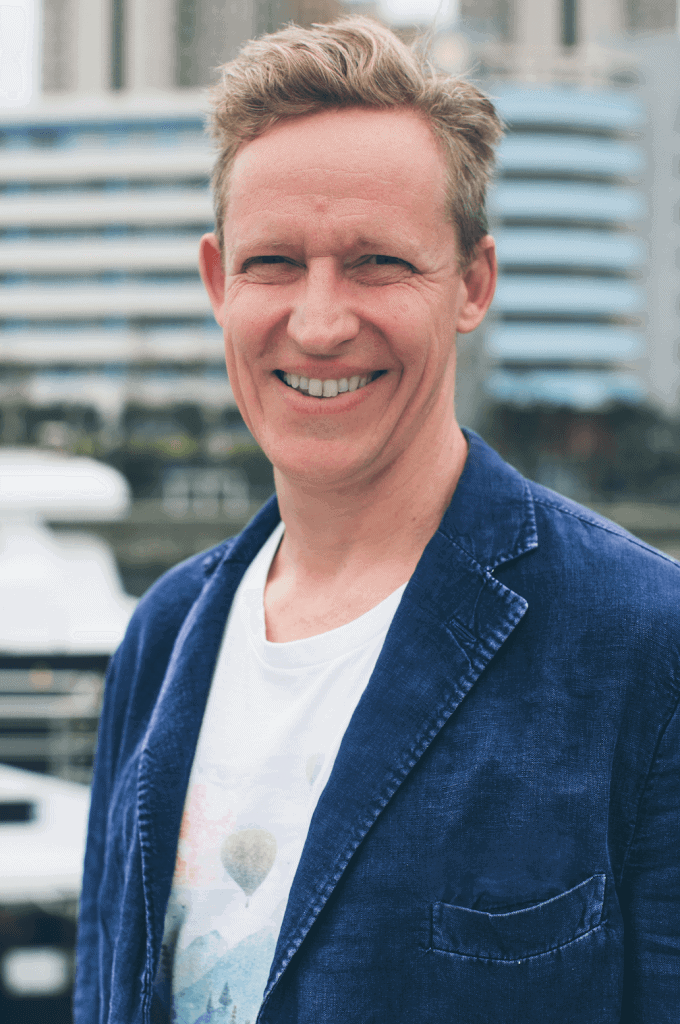Alicia Walker
Alicia Walker is a deeply experienced professional editor, having been writing, editing, and creating content for leading publications and digital businesses across all corners of the globe. Alicia has held positions as lead editor for multiple publications across a range of industries including luxury, lifestyle, business, legal, entrepreneurship, and F&B.
Need any help? Contact us:

Table of Contents

Welcome to the wonderful and mysterious world of cryptocurrency.
For those who’ve heard the term bandied around and find themselves feigning familiarity about the somewhat mystifying notion, here’s crypto in a neat little nutshell: cryptocurrency is an internet-based medium of exchange. A virtual currency secured by cryptography, which makes it nearly impossible to counterfeit. Many cryptocurrencies are based on a distributed ledger using blockchain technology enforced by a decentralised network of computers.
Less cloudy now? If not, it’s a new form of digital money.
Is the developing field of cryptocurrency is as exciting as it sounds?
The short answer seems to be yes. Singapore-based Credmark produces credit data for the crypto industry. As co-founder Paul Murphy says, “Well, everything’s a challenge because everything’s new. So we don’t we don’t have a roadmap for anything. The last time people were able to trade directly with each other was essentially before the invention of the banking system, a long, long time ago. So, there’s a lot of work going on as people are trying to invent new financial services on top of this infrastructure. And there’s a ton of experimentation. So, no one really knows how the technology and products are going to develop.
At the same time, regulators and governments are starting to understand that it’s a very difficult thing to stop. And so that’s making them nervous. As a result, we’re seeing some headwinds. I think it’s going to get much, much worse, because the governments are used to being able to completely control, not only monetary supply, but the interactions that people have. With crypto, I can easily send you $100,000, and there would be no middleman. So, no obvious record of the transaction. So, of course that makes the current system very, very interesting.”

Credmark X Zegal
As Paul had familiarity with the legal system, when Credmark first set up in Hong Kong, he was keen to do much of the legal documentation himself. But he found there wasn’t an easy option for the documents they required through law firms. That’s when he found Zegal. Paul says, “We originally incorporated in Hong Kong. My last business, which was a speech recognition business, was based in Austin, Texas. And we had a law firm that essentially gave us a fixed price for templates of all the basic legal docs that a startup would need. And when we moved to Hong Kong, I tried to find the same thing and talked to a bunch of law firms. But, oh no,they’d say, we have templates internally, and we’ll have to adapt them to your special needs.” But I knew what they meant was, ‘we’re going to charge you $600 to give you an NDA’, which I thought was ridiculous.
So, I did a bit of research and I looked at what Zegal was offering and I realised that Zegal actually solved most of my problems. Because I’m familiar with legal documents and I happen to be familiar with the British legal system, so starting with the Zegal templates in Hong Kong was a really good starting point.”
How Credmark Uses Zegal
“I probably don’t use Zegal in the traditional way in the sense that I don’t answer all the questions and then take the final document that gets generated. I tend to answer most of the questions. And then in many cases, it’s actually more efficient for me to keep an internal template after I’ve produced it from Zegal, and then I adapt that. So for instance, I have different MOUs (memorandum of understanding) for different products. I start with the Zegal template, then adapted it for myself, and then I just use it over and over. What I love about it, is that I already know that the boilerplate has been vetted by your lawyers. And so I don’t have to worry about that. I’m really just filling in the blanks and I can do that with a lot of confidence.”
“What I love about it, is that I already know that the boilerplate has been vetted by your lawyers. And so I don’t have to worry about that. I’m really just filling in the blanks and I can do that with a lot of confidence.”
Transition to Singapore
Credmark recently moved their base from Hong Kong to Singapore and found Zegal made it easy to move all their documents across to a new jurisdiction.
Paul says, “Singapore has been terrific as Singapore is a very clear regulatory environment for crypto. It’s an easy place to do business. We were able to do this transition on your platform. And the fact that I was starting with your Hong Kong templates and then your Singapore templates, actually made the transition pretty easy. I had to modify or change about 40 documents and I was able to do that in about three days, which is pretty, pretty extraordinary. So I basically canceled every single contract I had under the Hong Kong company and then reissued them in Singapore.”
The Future of Crypto
In this ever-evolving new sphere of cryptocurrency, is it possible to plan for years to come? Paul says, “So we’ve taken a fairly conservative approach. I have a background in financial services, so I know that you can’t really have financial services without credit. And you can’t have credit without credit data. So it’s a pretty easy bet to say people need our product and people are going to continue needing our product, but we aren’t we aren’t betting on any particular cryptocurrency and we’re not betting on any particular application. So, you know, we don’t know where things are going to go.
And I mean in broad terms, we think we’re going to see we’re seeing crypto evolve in two different ways. So, in markets where we have developed financial systems like the US, Singapore, Hong Kong, Europe, we’re seeing crypto starting to influence the existing financial system and start being accepted as a potential future component of the financial system, sort of like a new gold. In emerging markets like Southeast Asia, Africa, Latin America, we’re seeing people are taking a much more fundamental approach to crypto. They’re realising that, ‘wait a minute, we can actually build lending services for example, on top of crypto without interfacing with the current financial system at all.’ And it doesn’t really matter because most people don’t interact with the financial system anyway. They don’t have bank accounts, they don’t have IDs, they don’t have anything that you would need to, for instance, get a loan in a bank. So, it’s just starting from scratch. So those two use cases are very, very different. And I think we’re going to see interesting developments in both areas.”



Credmark Founders Neil Zumwalde and Paul Murphy
This article does not constitute legal advice.
The opinions expressed in the column above represent the author’s own.
Start managing your legal needs with Zegal today
RELATED READING: Customer Story: Revolv
READ MORE: The Blurry World of Cryptocurrency and Regulations Explained





